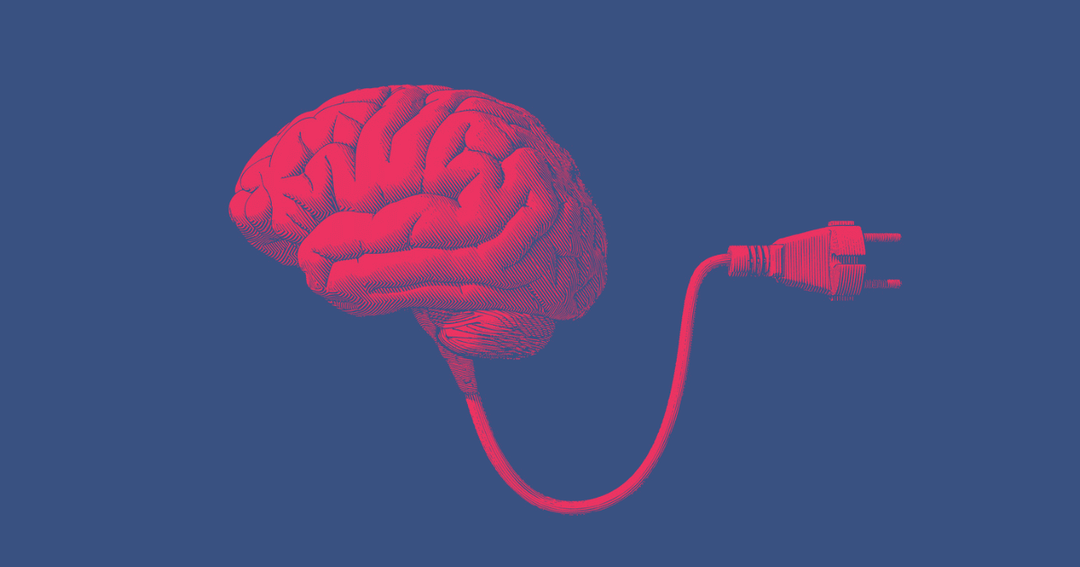Not Sleeping Well? Study Links Insomnia to 69% Higher Risk of Heart Attack

For many people, sleepless nights mean struggling through the next day, but new research shows that poor sleep might carry more serious health risks. A 2023 study presented at the American College of Cardiology’s Annual Scientific Session found that people with insomnia have a 69% higher chance of experiencing a heart attack compared to those without insomnia.
These findings are based on a nine-year follow-up study, highlighting the long-term health effects of insomnia. This increased risk affects both men and women and underscores the importance of quality sleep for heart health.
The study, which reviewed data from over 1 million people, shows why addressing insomnia can make a big difference.
How Does Poor Sleep Affect the Heart?
Sleep is important for the body to rest and repair, especially the heart. During deep sleep, the heart rate and blood pressure drop to their lowest levels, allowing the heart and blood vessels to recover from the day's strain.
People with insomnia, however, often miss out on these benefits because they have trouble falling asleep, staying asleep, or waking up too early, resulting in less time spent in deep sleep. This lack of deep sleep means the heart doesn't get enough time to rest, which can lead to increased stress on the heart over time.
Yomna E. Dean, a medical student at Alexandria University in Egypt and author of the study, explains:
“Insomnia is the most common sleep disorder, but in many ways, it’s no longer just an illness; it’s more of a life choice. We just don’t prioritize sleep as much as we should.”
Insomnia is estimated to affect between 10% and 30% of American adults, with women experiencing insomnia more often than men. The study reviewed nine international studies and found that people who slept five hours or less per night had the highest heart attack risk.
The findings suggest that ongoing sleep problems may put a long-term strain on the heart, increasing blood pressure and inflammation, which are linked to heart disease.
Also Read: Why Sleep Deprivation Can Lead to Serious Health Issues
How Does Insomnia Affect Men and Women?
The study noted that heart attacks occurred more often in women with insomnia than in men, but it did not explore specific reasons for this difference.
Yomna E. Dean highlighted this finding, stating:
“Heart attacks occurred more often in women with insomnia.”
This shows that insomnia is a serious risk factor for everyone, regardless of gender. The link between insomnia and heart attack was strong across all groups, including men, women, younger and older adults, and those with other health conditions like diabetes and high blood pressure.
Generally, research shows that insomnia affects women more often and can be more severe due to factors like hormonal changes, though this study did not dive into specific causes. These findings emphasize that insomnia's effects on heart health are serious for everyone.
Also Read: Want a Healthier Heart? The AHA Says Add Sleep to Your Daily Habits
What Counts as “Insomnia” for This Heart Risk?
Everyone has a sleepless night once in a while, but insomnia is usually defined as having trouble falling or staying asleep at least three times a week for three months or more. Unlike an occasional restless night, insomnia refers to ongoing sleep issues that affect daily life. In this study, insomnia was defined by symptoms such as difficulty falling asleep, staying asleep, or waking up too early.
Dean noted:
“Insomnia should be considered a risk factor for developing a heart attack, and we need to do a better job of educating people about how dangerous [lack of good sleep] can be.”
By treating insomnia as a health risk, doctors and patients can recognize and address it alongside other heart risk factors.
What Did the Study Show About Heart Attack Risk?
The study's results provided strong evidence of the connection between insomnia and heart attacks. Researchers observed that people with insomnia were 69% more likely to have a heart attack than those who slept well. This increased risk was especially noticeable in adults under 65 and those without prior heart issues, suggesting that insomnia alone can have a significant effect on heart health.
To put it simply, people with insomnia face a much greater risk of heart problems even if they don't have other heart conditions, highlighting the effect of sleep on overall health. The data also showed that people who slept five hours or fewer each night were 1.38 to 1.56 times more likely to experience a heart attack compared to those who managed six to eight hours of sleep.
This finding supports the idea that both sleep quality and duration are important for heart health.
Dean emphasized that those with insomnia and additional conditions, like diabetes, had even higher risks, with a twofold likelihood of having a heart attack.
Can Better Sleep Reduce Heart Attack Risk?
The good news is that prioritizing sleep may help lower the risk of a heart attack. Dean stressed that it's important for people to aim for seven to eight hours of quality sleep each night. She advised practicing good sleep habits by following these steps:
- Keep your room dark, quiet, and cool: A calming sleep environment helps signal your body that it's time to rest.
- Put away electronic devices: Avoid screens before bed, as the blue light can interfere with your natural sleep cycle.
- Do something relaxing to wind down: Engage in calming activities, such as reading, light stretching, or deep breathing exercises.
- Eat well and stay active: A balanced diet and regular exercise are known to support better sleep quality.
- Talk to your doctor if sleep issues persist: If you're consistently sleeping less than five hours despite trying these steps, professional guidance may be needed.
Takeaways
This study from the American College of Cardiology shows that insomnia is more than just a sleep problem—it's closely linked to heart health. People with insomnia are 69% more likely to experience a heart attack, and the risk is even higher for those with conditions like diabetes or high blood pressure. This makes quality sleep an important part of staying healthy.
Even small changes to sleep habits, like going to bed at a regular time, can positively affect heart health. The study also found that individuals with symptoms like trouble falling or staying asleep faced a 13% higher heart attack.
Getting seven to eight hours of sleep each night, creating a comfortable sleep environment, and limiting screen time before bed may help reduce heart risks. For anyone dealing with ongoing insomnia, talking with a doctor could be a helpful step toward better sleep and a healthier heart.
Struggling with Sleepless Nights? Find Relief with Sip2Sleep®
Ready to improve your sleep and support your heart health? Try Sip2Sleep® tonight—made with natural ingredients from tart cherry and rafuma leaf extracts.







